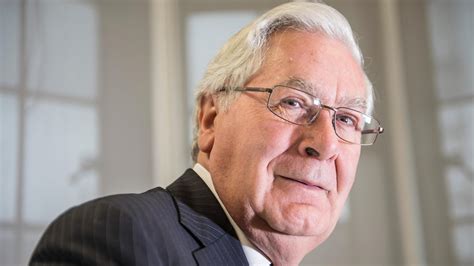A Quote by Kenneth C. Griffin
Should we think about separating the investment banks from the commercial banks, a new Glass-Steagall? I would be really excited to see that. I think it would be great for the economy.
Quote Topics
Related Quotes
On the Glass-Steagall thing, like I said, if you could demonstrate to me that it was a mistake, I'd be glad to look at the evidence. But I can't blame [the Republicans]. This wasn't something they forced me into. I really believed that given the level of oversight of banks and their ability to have more patient capital, if you made it possible for [banks] to go into the investment banking business as continental European investment banks could always do, that it might give us a more stable source of long-term investment.
I think the critical point, really, is that we need to focus black economic empowerment more on the creation of new wealth rather than on these big deals that have been characteristic of this process in the past, of people going to banks, borrowing a lot of money, buying this and when the shares don't perform very well, the shares go back to the banks, because there's other people who own this anyway. I think we need to re-focus it so that it really does impact on growth, new investment, new employment and a general, better spread of wealth in South Africa.
To save the banks from making losses that would wipe out their net worth, you'll have to get rid of Social Security. It means that you'll essentially have to abolish government and turn it over to the banking system to run, with an idea that the role of governments is to extract income from the economy to pay to the bondholders and the banks.
































